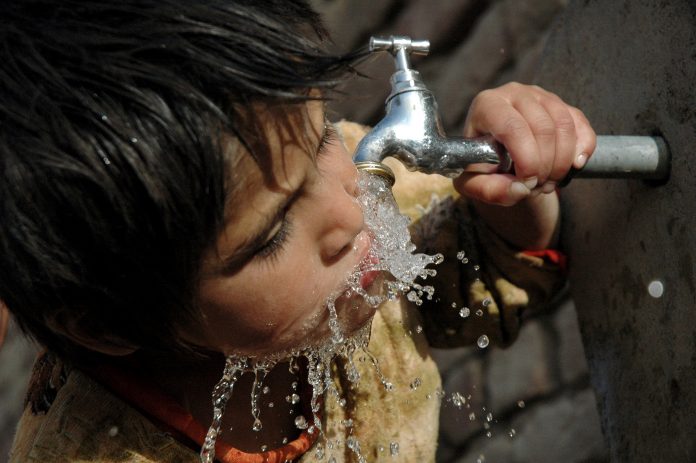The European Roma Rights Centre (ERRC) is calling on governments across Europe to ensure that marginalised communities, including Roma, have full access to clean water as part of national responses to the Covid-19 pandemic. According to ERRC research, a majority of Romani people in Europe do not enjoy access to mains-supplied water, and more than half rely on a water source which is more than 150m away, making them especially vulnerable to the spread of this virus.
The ERRC urges European leaders to follow the example set by Slovak authorities, who announced on 16th March that they are recommending allowing unlimited access to drinking water for people living in marginalised communities. It is imperative that marginalised people in society are not left out of policies which are being implemented now to contain the spread of the virus. The ERRC will be reaching out to the World Health Organisation (WHO) and requesting them to press European leaders to ensure equal welfare for all citizens, regardless of ethnicity, in the midst of this pandemic.
Hand-washing, which is the main preventative measure recommended by the WHO to slow the spread of the virus, requires that people have access to clean water. This virus does not discriminate between non-Roma and Roma. In order to preserve the health of societies, measures must be taken to ensure the welfare of all citizens is taken into account in emergency responses to contain the pandemic.
The ERRC further urges authorities to consider the welfare of marginalised Roma communities when other actions, such as the closure of schools, are taken. Schools are not only places of learning, for many Romani children their only meal of the day comes in the form of their school lunch. Additionally schools provide access to computers and the internet for many Romani families, without which they are unable to easily receive vital public health information. The ERRC urgently requests that authorities take measures to ensure that Romani children are not left hungry when school closures are deemed necessary, and that marginalised Roma are given access to public health advice from medical experts.
The European Roma Rights Centre will endeavour to provide information to Romani communities who are most at risk about this pandemic as it evolves and. The implementation of access to water measures by the Slovak government will be monitoring and the authorities in countries with large numbers of at-risk, marginalised communities will reached out to urge them to include these groups in any emergency measures they take.

